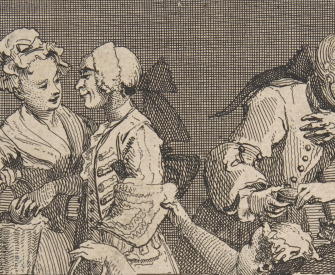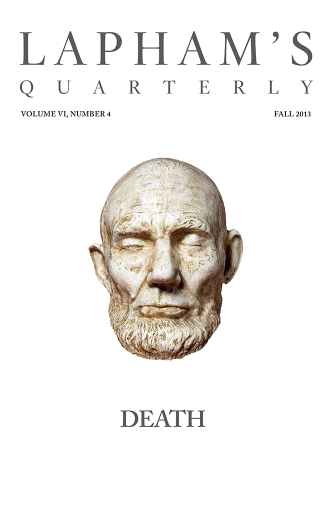People of the world, whether wise or stupid, all desire to understand more people and see a wide range of events, but they are unwilling to read. This is like wanting to eat a full meal while hating to cook it, or desiring warm clothing but being too lazy to make it. Those who read may know what has happened throughout the world from the time of Fu Hsi and Shen Nung until now—not only the personalities, events, success or failure, likes or dislikes of human beings, but also those things which the universe cannot hide nor the spirits conceal.
Suppose a guest challenges his host, saying, “I have noticed that some use a strong bow and a long spear to punish evil and bring peace to the people, thus becoming a duke or a marquis. Others use literature, elegance, and official training to rectify disordered times and to enrich the nation, thus becoming ministers or premiers. Still others who are well learned concerning the past and present, with both civil and military ability, nevertheless have neither position nor income; their wives and children suffer from hunger and cold. Moreover, such people are innumerable. What value is there in learning?”
To this the host replies, “Failure or success in a person’s fate is like gold, jade, wood, and stone. To cultivate oneself by learning and skill is like polishing and carving: the polished gold or jade is certainly more beautiful than the gold ore or uncut jade, and broken pieces of wood or stone are naturally uglier than the well-carved. Can you say that carved wood or stone is more valuable than the unworked gold or jade? You cannot compare the poor and humble condition of a learned person with the riches and nobility of the unlearned. Moreover, mailed warriors and pen-holding officials, quite unknown after death, are as numerous as hair on a cow’s hide; outstanding and eminent persons are as rare as the chih plant, while those who stick to plain silk and yellow scrolls, who ponder morality and virtue, who work painstakingly without reward, are as unusual as a solar eclipse. Idle enjoyers of fame and gain are as numerous as autumn weeds. How can you find a common basis on which to discuss such conditions? Moreover, I have heard that ‘the highest class of men are those who are born with a natural understanding; the next class are those who acquire understanding by study and application.’ Therefore, study will increase one’s knowledge and ability to understand. A genius with ability above all others may become a general who can unconsciously use the same tactics as Sun Tzu and Wu Qi; or he may become a statesman who can attain to the teaching of Kuan-chung and Zi Chan. Even though unlearned, I should call him a scholar. Now you cannot be such; if you do not learn from the examples of the past, you are like those who sleep with their heads wrapped in the bedclothes.”
From Family Instructions for the Yan Clan. Yan was a scholar and government official who served four successive dynasties. He stressed the need for mastering calligraphy, a musical instrument, and painting, but warned his sons against practicing too much; if they did, those of higher rank could humiliate them by constantly calling upon them to entertain.
Back to Issue




